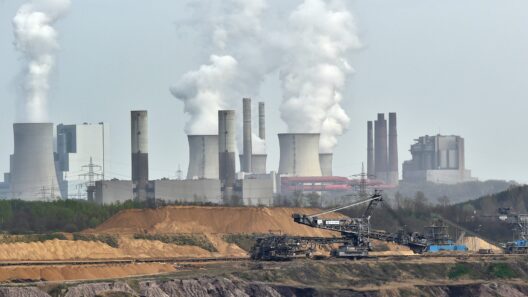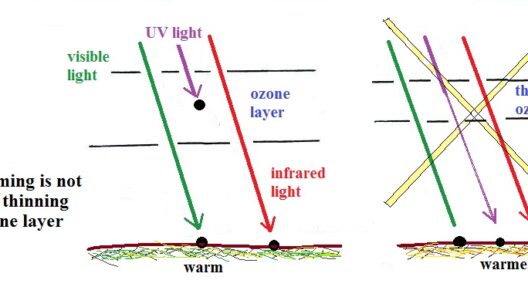As we stride towards a future characterized by a warming climate, a pressing question emerges: how well are we equipping ourselves to navigate the challenges posed by climate change? The intricate interplay between climate and human health presents an array of unique hurdles that necessitate our urgent attention. From the frequency of heatwaves to alterations in disease transmission patterns, the implications are profound and far-reaching.
Climate change intensifies existing health challenges and introduces novel threats. One of the most alarming phenomena is the increase in temperature, which exacerbates the risk of heat-related illnesses. Extreme heat can lead to debilitating conditions such as heat exhaustion and heat stroke, particularly among vulnerable populations—including the elderly and individuals with preexisting health conditions. This susceptibility presents a formidable challenge for public health officials tasked with safeguarding these populations. How do we create adaptive strategies that can effectively mitigate the impacts of rising temperatures on human health?
Moreover, the repercussions extend to mental health. Rising temperatures and the consequent extreme weather events can result in heightened levels of anxiety and depression. Communities affected by climate-related disasters find themselves grappling not only with physical destruction but also with emotional turmoil. The psychological toll of such events demands a comprehensive response that incorporates both mental health services and climate adaptation strategies.
Next, consider the intricacies of food security. Climate change is adversely affecting agricultural productivity through unpredictable weather patterns, such as prolonged droughts and increased frequency of heavy rainfall. Crop failures not only threaten food supplies but also escalate the prices of essential commodities. This ominous economic consequence disproportionately affects marginalized communities, thereby exacerbating existing health disparities. It emphasizes the urgency of developing resilient agricultural practices and sustainable food systems. How can we ensure equitable access to nutritious food in an era of climate uncertainty?
Furthermore, the health ramifications of deteriorating air quality cannot be overstated. Higher temperatures contribute to the proliferation of ground-level ozone and other pollutants, leading to respiratory complications such as asthma and chronic obstructive pulmonary disease (COPD). Children and the elderly are particularly vulnerable to these conditions, necessitating policies that prioritize air quality improvement. Addressing this challenge requires a multi-faceted approach—promoting sustainable transportation, enhancing green spaces, and reinforcing regulations on emissions. Are we prepared to advocate for such grassroots movements to combat air pollution?
Vector-borne diseases represent another arena where climate change has significant implications. Shifts in climate can affect the distribution and behavior of vectors such as mosquitoes and ticks, which carry diseases like Lyme disease, West Nile virus, and Zika. A warmer climate enables these vectors to thrive in previously inhospitable regions, increasing exposure risk for unsuspecting populations. Furthermore, the cyclical nature of disease outbreaks may also change, complicating public health responses. Therefore, enhancing surveillance and developing rapid response strategies are paramount in a world where climate change redefines the landscape of infectious diseases.
In addition to these challenges, water quality and availability is a pressing concern. Increased rainfall and flooding can result in the contamination of water supplies, leading to outbreaks of waterborne diseases. Conversely, prolonged droughts can diminish water resources, compromising sanitation and hygiene practices essential for maintaining community health. Tackling these dual challenges involves investing in resilient water management systems and ensuring equitable access to clean water sources. How can we fortify our water infrastructure in the face of these rising uncertainties?
Climate change does not merely present health challenges; it also demands a reevaluation of our health care systems. As environmental stressors mount, there will be an inevitable surge in the demand for healthcare services. Health systems must be prepared to adapt to increased patient loads while also investing in preventive measures that address the root causes of climate-related health disparities. Integrating climate considerations into public health initiatives is imperative for fostering a resilient healthcare infrastructure. Are we prepared to embrace a paradigm shift that intertwines health care and climate resilience?
In conclusion, navigating the challenges associated with a warming climate requires a multifaceted approach that acknowledges the interconnectedness of environmental conditions and human health. By prioritizing adaptive strategies, enhancing public health systems, and fostering community resilience, we can mitigate the impacts of climate change on health. The task is monumental, but the health of current and future generations hangs delicately in the balance. The question remains: will we act decisively to safeguard our health, or will we allow climate change to dictate our future vulnerabilities?






